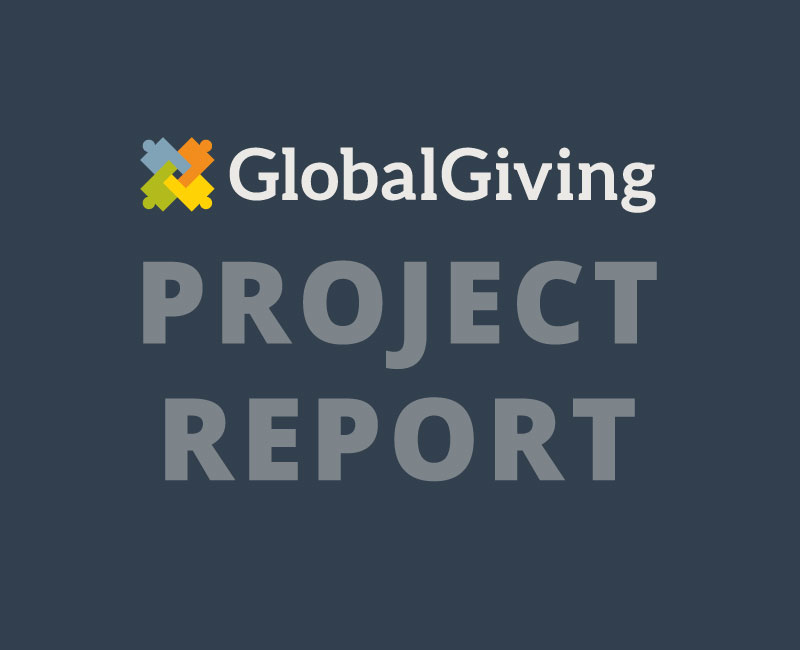By Katherine O'Neill | HAF Intern / Student at Claremont McKenna College
Cultivating and Saving Varieties of Endemic Moroccan Figs
By Katherine O’Neill
HAF Intern / Student at Claremont McKenna College
Since the beginning of 2018, the High Atlas Foundation (HAF) has planted more than 80,000 fig trees, seeds, and cuttings in community nurseries. We also signed a partnership agreement with the Regional Management of Waters and Forests in Tetouan that contributed a three-hectare parcel of land, which enables us to plant a nursery of threatened fig varieties. The High Commission of Water and Forests in Rabat also partners with HAF by providing nursery land and technical support for a ten-year period. The Commission sees the organic figs project as a way to pursue goals outlined in the government’s Plan Maroc Vert and Environmental Charter, which calls for the rejuvenation and creation of organic endeavors, among other reforestation and agroeconomic goals.
The Plan Maroc Vert especially focuses on fig trees. Both HAF and the Commission have indicated that fig crops in the Tangier-Tetouan region suffer from ageing, neglect, and a lack of effective marketing. Recently, both pears and plums have disappeared from the region due to the same issues now facing figs. This has caused severe economic and environmental repercussions, and HAF’s nursery aims to avoid this same fate. Additionally, the Commission sees the planned nursery in the region as an ideal way to strengthen the area’s agricultural economy, support rural households, and honor the local tradition of fig cultivation, to which people in the area are deeply emotionally bound.
Morocco is a world leader in fig production: in 2009, the country ranked among the world’s top five fig producers. Figs grow especially well in Morocco due to the country’s hot summers and full sun throughout the growing season. This climate ensures one to two bountiful crops a year, as long as fruit trees receive adequate water. Fig crops from Morocco may tap potential markets in the U.S. and E.U. Despite high U.S. production, acreage dedicated to fig production has decreased by at least 5,000 acres in recent decades. This decrease, combined with stress on California’s agriculture due to severe drought, presents a strong opportunity for Morocco to fill U.S. fig demand, especially in the large organic market.
Small-scale Moroccan fig crops are important to the sustainability of fig crops and nutritional systems worldwide. Through growth in small cultivars and breeding between cultivated trees, farmers uphold and propagate genetic diversity among figs, thereby defending against diseases and effects of climate change.
As part of the partnership, we aim to create a fig nursery, distribute saplings for free, create a scientific teaching garden with regional fig varieties, train farmers in production and value-added processing techniques, and create a fig growers’ cooperative to further explore opportunities in cultivation and marketing. The environment, youth, women and rural families, and communities are all key beneficiaries, and the profit generated through this project will allow individuals and their associations to improve their livelihoods and develop their country’s economy.
While the Moroccan government is contributing land and technical support for the organic figs nursery, HAF is still seeking funding for the significant remainder, without which it cannot pursue the opportunities for rural Moroccans this project provides. In order to ensure the sustained success of the nurseries, HAF will need to implement two irrigation plans, which will involve well-building and extensive water management. For example, it costs approximately $5,000 to effectively irrigate just one hectare of fig nursery.
The involved organizations plan to reach 35,000 beneficiaries (50 percent of whom will be rural women in Ouezzane province and the greater Tangier-Tetouan region), extend fig crops by 11,000 hectares, and reach a 126 percent increase in fig production by 2020. The incorporation of rural women as primary beneficiaries of this project is highly significant. HAF aims to help disadvantaged populations, and with this project we support not just environmental and economic development, but also the empowerment of rural women.
This project aims to uplift rural Moroccan communities through sustainable agriculture. We are working to create a synergy between human development and environmental protection that will last long after HAF’s involvement. Ultimately, we want to provide disadvantaged communities with the necessary tools to pioneer their own social and economic progress. HAF possesses the required knowledge, experience, and passion, but we rely on your generosity to accomplish this goal.



By Dr. Yossef Ben-Meir | HAF President
By Dr. Yossef Ben-Meir | President of the High Atlas Foundation
Project reports on GlobalGiving are posted directly to globalgiving.org by Project Leaders as they are completed, generally every 3-4 months. To protect the integrity of these documents, GlobalGiving does not alter them; therefore you may find some language or formatting issues.
If you donate to this project or have donated to this project, you can recieve an email when this project posts a report. You can also subscribe for reports without donating.